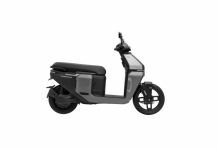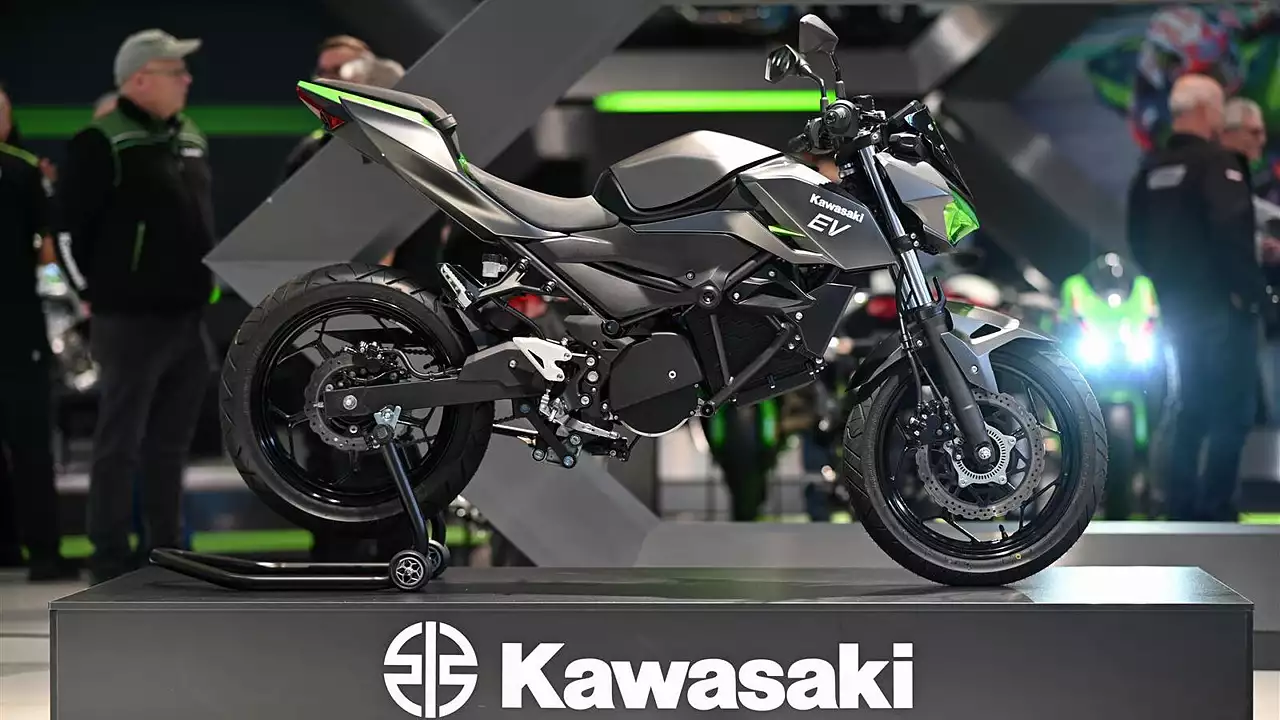Mahindra is celebrating the production milestone of the 900,000th Scorpio! The Mahindra Scorpio has been a popular SUV since its debut in 2002. In recent years, Mahindra introduced the latest iteration of the Scorpio, known as the ‘Scorpio-N,’ sold alongside the Scorpio Classic.
Scorpio-N
The Scorpio-N retains the rugged body-on-frame architecture that the Scorpio is known for. It offers two engine options: a 2.0-litre turbo-petrol engine that generates 198 BHP (brake horsepower) and 380 Nm of torque and a 2.2-litre diesel engine that produces 173 BHP and 400 Nm of torque. The transmission choices for the Scorpio-N include a 6-speed manual and a 6-speed automatic.
On the other hand, the Scorpio Classic is powered by a 2.2-litre Gen 2 mHawk diesel engine, which delivers 130 BHP and 300 Nm of torque. It provides decent low-end torque of 230 Nm at 1,000 rpm. The Scorpio Classic is paired with a 6-speed manual transmission.
Two Versions
Both versions of the Scorpio offer their own set of features and cater to different customer preferences. The Scorpio-N brings a more contemporary design and upgraded features, while the Scorpio Classic retains its original charm.
Sure! Here are some pros and cons of the Mahindra Scorpio-N and Scorpio Classic:
Mahindra Scorpio-N:
Pros:
1. Rugged and durable body-on-frame architecture, suitable for off-road adventures.
2. Powerful engine options, with the 2.0-litre turbo-petrol and 2.2-litre diesel engines providing good performance.
3. Availability of both manual and automatic transmissions, offering flexibility to drivers.
4. Modern design and updated features, making it more appealing to contemporary SUV buyers.
5. Spacious interior with comfortable seating and ample cargo space.
6. Strong presence on the road, commanding attention and giving a sense of confidence.
Cons:
1. Some customers may find the pricing of the Scorpio-N to be on the higher side compared to competitors.
2. Fuel efficiency may not be as high as other SUVs in the same segment.
3. Due to its sturdy suspension setup, The ride quality can be bumpy, especially on rough roads.
4. The interior may lack premium features and materials in more upscale SUVs.
5. Limited availability of advanced safety features may concern some buyers.
Mahindra Scorpio Classic:
Pros:
1. Compared to the Scorpio-N and other SUVs in its class, affordable pricing.
2. Reliable and proven 2.2-litre mHawk diesel engine, delivering decent power and torque.
3. Good low-end torque, making it suitable for city driving and tackling inclines.
4. Strong build quality and durability, designed for rugged usage.
5. Adequate seating space and comfortable ride for occupants.
6. Availability of a manual transmission, providing control to driving enthusiasts.
Cons:
1. Outdated design and features compared to the Scorpio-N and newer SUV models.
2. Lack of modern safety features that are now becoming standard in many vehicles.
3. Limited engine options, with only one diesel variant available.
4. Fuel efficiency could be improved compared to more recent SUVs.
5. Ride quality may not be as refined as some competitors regarding comfort and handling.
Conclusion
the Mahindra Scorpio-N and Scorpio Classic are SUV models with advantages and disadvantages. The Scorpio-N offers a more contemporary design, updated features, and powerful engine options, making it suitable for those seeking a modern and capable SUV. On the other hand, the Scorpio Classic provides a more affordable option with a reliable engine and a robust build quality, appealing to customers looking for a rugged and cost-effective SUV.
Scorpio-N
When deciding between the two, it’s essential to consider your specific needs, preferences, and budget. If you prioritize modern features and stylish design and are willing to invest in a higher-priced vehicle, the Scorpio-N might be the better choice. However, if affordability, reliability, and durability are your main concerns, the Scorpio Classic could be suitable.
Ultimately, it’s advisable to test drive both models and evaluate their features, performance, and overall suitability for your requirements. Additionally, researching customer reviews, considering after-sales service, and comparing competitors’ offerings can help make an informed decision.































